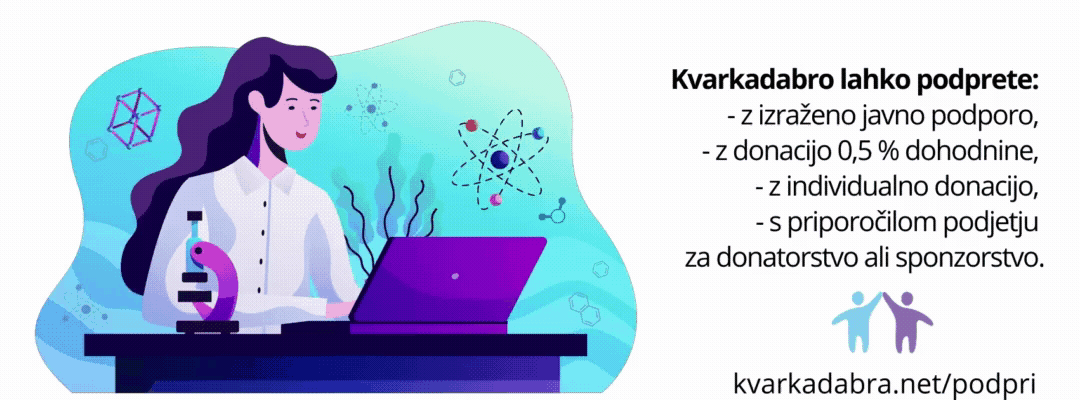V Veliki Britaniji je na zadnjih volitvah v Evropski parlament zmagala stranka UK Independence Party, ki zagovarja izstop Anglije iz EU. Strokovnjaki opozarjajo, da bi imela takšna poteza takojšnje katastrofalne posledice za angleško znanost. Navajajo primer Švice, ki pred nekaj meseci ni dopustila, da bi lahko tudi Hrvati kot novi člani EU prosto prestopali njihove meje, zato so Švicarji izgubili poseben status, ki so ga imeli znotraj EU. Tako ne morejo več kandidirati za EU raziskovalne projekte, izgubljajo mednarodno konkurenčnost in tudi njihovi študenti imajo zdaj težave, saj nimajo več dostopa do programa Erasmus.
At the end of February, Swiss voters rejected a deal that would allow Croatians free movement across the country’s borders. It was a result of campaigning by the Swiss People’s Party, which is Eurosceptic and wants strict limits on immigration, just like UKIP. Limiting the movement of people from the EU’s newest member state didn’t comply with EU principles, so Switzerland was stripped of its “associate member” status.
Associate members benefit from almost full participation in EU programmes, including research projects funded from the EU pot.
The latest set of EU-funded projects is known as Horizon 2020, which has about £65 billion to allocate over the next six years. Swiss researchers are now excluded from receiving any of its grants. Before February, Swiss students could get grants to work in labs anywhere in Europe under the EU’s Erasmus programme – not any more. Switzerland is now a “third country”, on a par with the US and Japan.
Researchers report that, as a result, Switzerland has lost international competitiveness. There is a brain drain as senior researchers head to countries where they can access EU funds. Young researchers are also leaving – many of them rely on the kudos of prestigious EU grants to advance their careers. Swiss scientists are being shed as collaborators. Christian Sengstag, head of research at the University of Basel, said in April that the top candidates for research jobs “will think twice before accepting a position in Switzerland”.
Could the same thing happen in the UK? It is entirely possible. /…/
The full process of withdrawal would take years, but the impact on science would be near-immediate. British science would find itself in a similar position to Switzerland, assuming a similar stand over migration. It would have third-country status, and its researchers would be unable to apply for EU grants. We wouldn’t be completely without funds – the UK’s seven research councils invest around £3 billion every year. But on the European stage, British scientists would suddenly find that they count for nothing. (Vote UKIP and risk the future of British science – opinion – 21 May 2014 – New Scientist)







